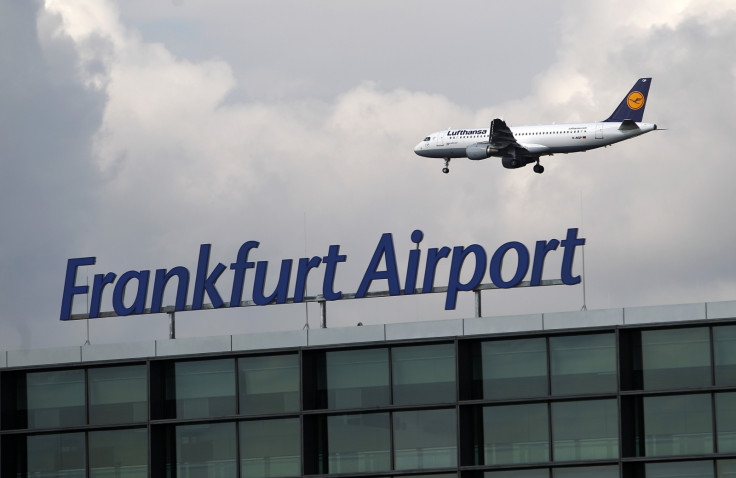Germany one of Europe's worst enforcers of air safety rules

Germany has been slammed for its air safety enforcement. Its rating is so bad that it trails Greece, Bosnia, Slovakia and Albania in failing to comply with basic requirements to protect passengers.
The European Union's Aviation Safety Agency, which is based in Cologne in Germany compiled the report after undertaking a review of Luftfahrtbundesamt, the country's equivalent of the US Federal Aviation Administration, reports Wall Street Journal. The newspaper said it had reviewed the report dated 7 March.
According to the report, Germany, which is home to some of the continent's "most-travelled air hubs" had 18 unresolved safety lapses. This was more than the smaller and far less wealthy countries which included Bosnia, Slovakia and Albania.
The shortcomings critical to safety include Luftfahrtbundesamt's failure to spot airline deficiencies meeting crew-training requirements and to detect cases when aircrew had exceeded their duty-time limits. Crew fatigue, the report says, is a major concern in aviation safety.
WSJ said that the European Commission took the "highly unusual step" of putting Germany on its list of aviation-safety alerts, generally known as the airline blacklist in 2011. Italy, Greece and some other countries were also told that they were not complying with the agency's mandated oversight requirements in its 2011 report.
Last year, the commission sued Germany in an EU court for "failing to regularly monitor all aviation security measures at some German airports as required by EU legislation," the newspaper said. The case is still ongoing.

And shockingly, in November 2014, the agency warned that chronic staffing shortfalls could undermine German regulators' ability to run checks of carriers and crew, including medical checks. Four months after the report was released, Germanwings co-pilot Andreas Lubitz crashed a plane into the French Alps. All 150 people onboard the plane were killed.
Lubitz, it was later discovered was suffering from depression. The agency's annual report, according to WSJ, did not mention the Germanwings' crash.
According to the agency's confidential report, it had asked the German authorities in at least 26 cases to notify them of deficient action plans. Apparently, 10 of them pertain to high-priority items. The report however did not state what the concerns were.
Germany's response
According to WSJ, German police and airport officials had earlier this month asked for a review of how security checks were handled after the Cologne-Bonn Airport failed an audit by the EU security inspects this year. Last week, the airport's officials admitted that it had mistakenly released elements of an emergency response plan on the internet. The airport insists that the document did not contain sensitive information but it did withdraw it quickly.
Germany's police union has even gone to the extent of urging the government to retake control of airline-passenger screening, which has been mostly outsourced to private security firms. Industry sources told WSJ that the problem stemmed partly from long-running understaffing at the Luftfahrtbundesamt.
The official said that posts have frequently been handed to staff from ministries being downsized. This has resulted in inexperienced personnel being put in charge of aviation oversight. However, Sebastian Dreyer, the head of security at the trade group German Aviation Association said that Luftfahrtbundesamt had remedied the situation was providing effective oversight.
"The security controls conducted in Germany at airports and by the airlines easily meet European standards," he told WSJ. According to an industry official, a new law to address the concerns by the agency was passed by parliament in April and that a new law on aviation security could possibly be adopted by the end of the year.
© Copyright IBTimes 2025. All rights reserved.




















